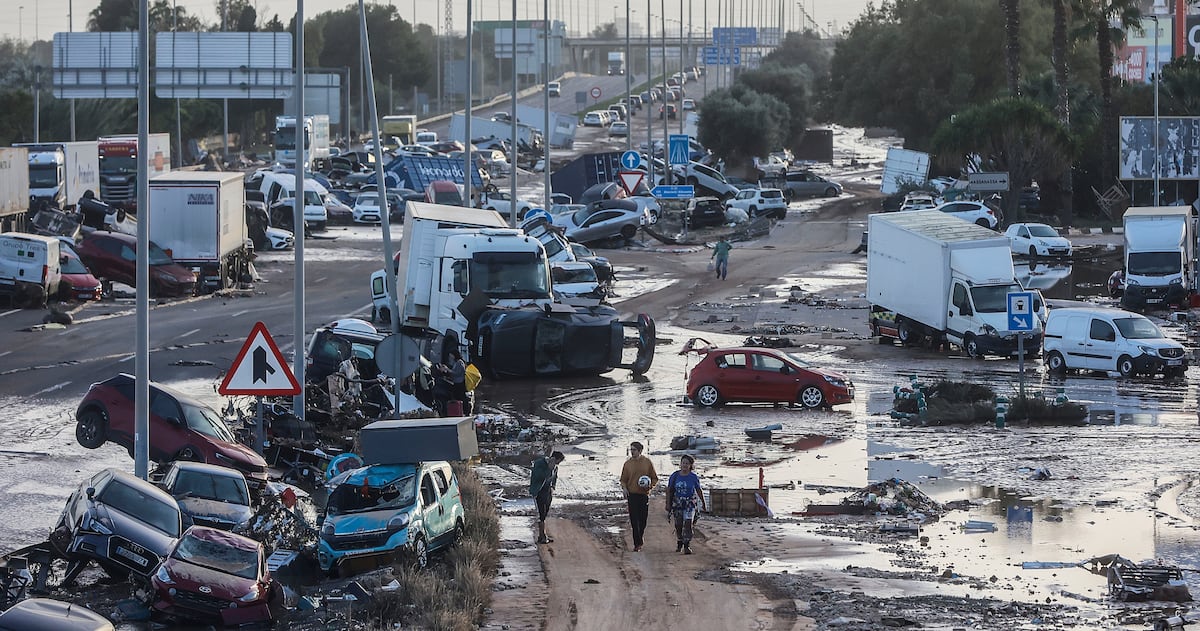Canada’s Prime Minister Justin Trudeau said Ottawa would impose 100 per cent tariffs on imports of Chinese electric vehicles and 25 per cent levies on Chinese steel and aluminium, in a move replicating recent US measures.
Trudeau said Canada was introducing the EV tariffs because China was “not playing by the same rules”. It marks the latest example of the US and its allies taking actions to counter what they say are unfair economic practices.
“Actors like China have chosen to give themselves an unfair advantage in the global marketplace,” Trudeau said in Halifax, Nova Scotia during a cabinet retreat.
The announcement came one day after US national security adviser Jake Sullivan met the Canadian prime minister in Canada and urged Ottawa to follow Washington in imposing tariffs. Sullivan stopped in Canada en route to China where he will hold talks with Chinese foreign minister Wang Yi.
Since President Joe Biden took office in 2021, his administration has invested heavily in trying to persuade American allies to take measures together with Washington to help counter China. Speaking in Canada on Sunday, Sullivan said a “united front” would benefit the US and its partners.
The Canadian finance ministry said the tariffs, effective from October 1, would apply to Chinese EVs including passenger cars, trucks, buses and delivery vans. The steel and aluminium tariffs will come into force two weeks later.
The Canadian government is also launching a 30-day consultation to determine where else Ottawa needs to take action. It will examine batteries, semiconductors, solar products and critical minerals, the ministry added.
The Canadian tariffs follow a similar US action on Chinese EVs and the planned imposition of tariffs by the EU, albeit at lower rates than the US and Canada. Washington and its allies are concerned that China is poised to flood global markets with EVs given its dominant position.
The EU tariffs, which are expected to be approved by the end of October, could range from 9 to 36.3 per cent on top of existing levies of 10 per cent.
The Canadian finance ministry said China’s “intentional, state-directed policy of overcapacity and lack of rigorous labour and environmental standard” threatened workers and businesses in the global EV industry and undermined Canada’s long-term economic prosperity.
“That is why our government is moving forward with decisive action to level the playing field, protect Canadian workers, and match measures taken by key trading partners,” said Chrystia Freeland, the finance minister and deputy prime minister.
The Chinese embassy in Washington declined to comment on the specifics of the Canadian move but said some countries were using protectionism and trade barriers to “protect . . . their under-developed industries”.
“China urges the relevant country to earnestly abide by market principles and international trade rules, and create a level playing field for companies from all countries,” said Liu Pengyu, embassy spokesperson.
Carmaking is one of Canada’s most important manufacturing sectors, with plants clustered around the Great Lakes area to supply consumers in the US. The sector directly employs almost 120,000 people, according to the Canadian government. Ottawa has also followed the US in offering subsidies designed to spur demand for domestically made EVs.
The tariffs come one month after Mélanie Joly went to China in the first visit by a Canadian foreign minister in seven years. Relations between the countries plummeted in 2018 after China detained two Canadian citizens — Michael Kovrig and Michael Spavor — and did not release them for more than three years. The move was viewed as retaliation after Canada detained Meng Wanzhou, Huawei’s chief financial officer, in response to a US extradition request.
Additional reporting by Alice Hancock


